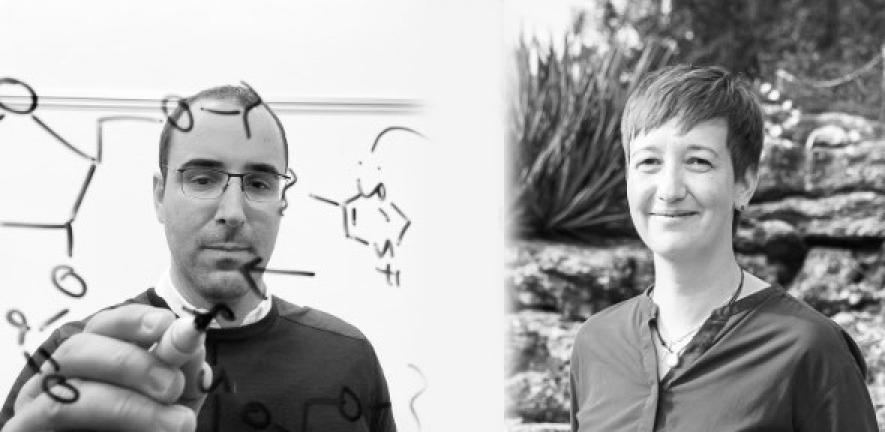
This nomination is a remarkable achievement at this point in their career and recognises the outstanding and innovative research programmes that Dr Anja Schmidt and Dr Gonçalo Bernardes have developed.
Schmidt is an honouree for Physical Science and Engineering and Berardes is an honouree for Chemistry.
The Blavatnik award recognises quality, impact, novelty and promise in the work of young researchers. Together, the two nominees from the Yusuf Hamied Department of Chemistry at the University of Cambridge cover the tall to the small; from volcanic eruptions to the proteins in our bodies.
The Head of Department, James Keeler, says, “I am absolutely delighted that both Gonçalo and Anja have been recognised as finalists for these major awards, which are surely richly deserved. Both have been very innovative in their research and have, in a short time, developed significant international reputations.
“Providing an environment in which early career researchers can flourish is a top priority for the Department, and these awards demonstrate the success of this approach. Congratulations, once again, to both on this great achievement.”
The final awards ceremony will be held later in spring.
Bernardes, a Reader in chemical biology and synthetic chemistry, researches proteins and how to modify them. One example is finding a way of adding a label to proteins in living cells that doctors can then monitor without harming or changing the way the protein functions. There is potential for this research to help doctors monitor diseases such as Alzheimer’s disease.
Another application is linking drug molecules with a ‘key’ that targets only certain proteins to deliver drugs selectively to diseased tissue. Applying this selection modifier to different treatments such as chemotherapy would ideally reduce the challenging side effects of such treatment.
Schmidt, a University Lecturer in physical and atmospheric chemistry, investigates volcanoes and how they impact the chemistry of the atmosphere and ecosystems. One volcano, in particular, is the Icelandic volcano, Bárðarbunga in the Holuhraun lava field, where collecting data on gas emissions can be used for valuable data on air quality and aviation.
Her findings have informed the world’s most authoritative and comprehensive assessment reports by the United Nations Intergovernmental Panel on Climate Change, and generated significant impact on policy in hazard mitigation and health. Combining satellite observations and numerical modelling has led to atmospheric data that covers far across Northern Europe.
We offer our congratulations to both Gonçalo and Anja for this incredible achievement.

